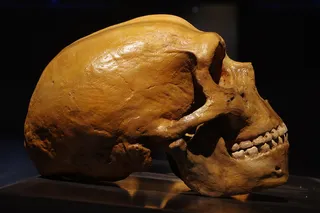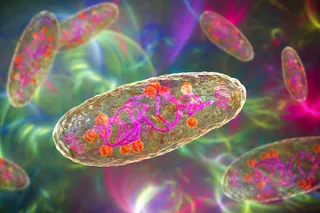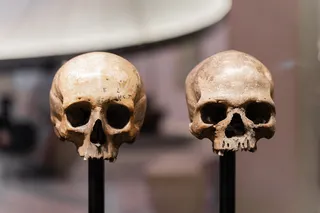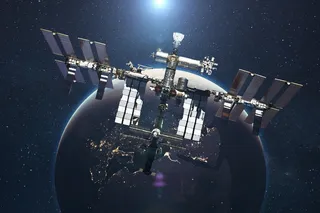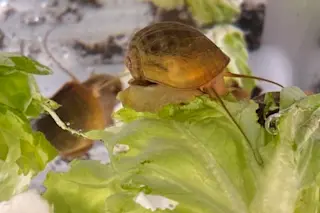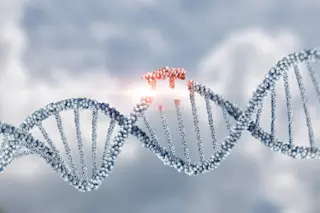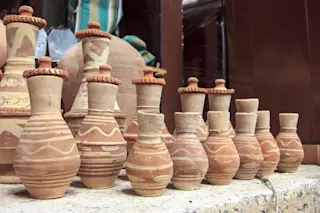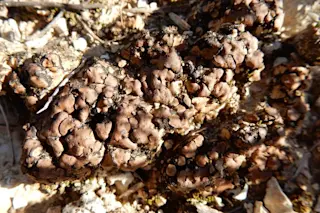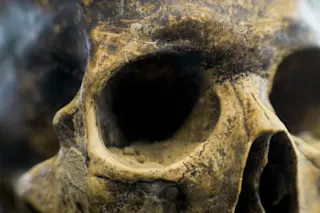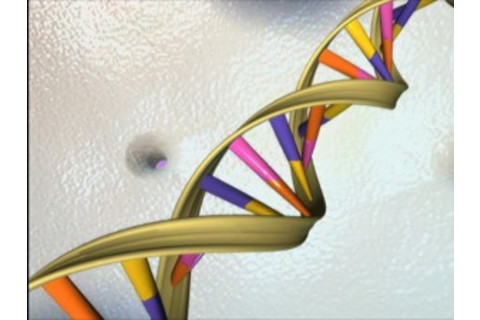
Photo: Genome.gov
DNA, proteins, and chromosomes are too small to be seen with the naked eye, but there are plenty of citizen science projects that make the building blocks of life accessible to us all.
Here are some great projects that need your help to advance our understanding of what we're made of and where we come from.
Cheers!
The SciStarter Team
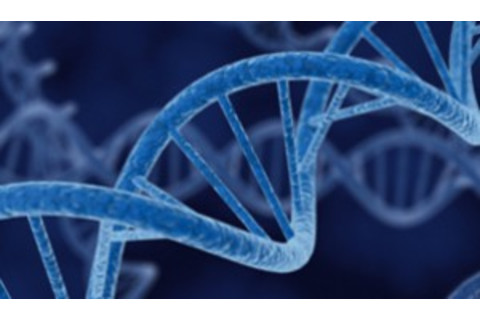
Phylo
Doyou enjoy puzzles and finding patterns? Phylo letsyou compete against others to combine pieces of DNA, while helping researchers understand the evolution of genetic diseases. Get Started!
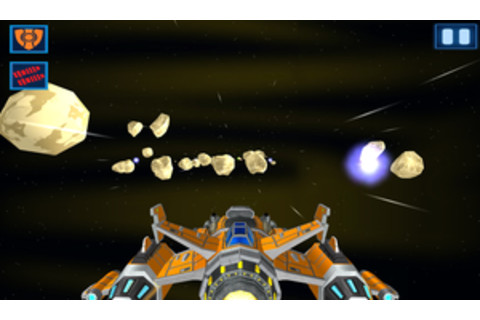
Play to Cure: Genes in Space
Galactic journeys, spaceships, and asteroid fields- what could be more exciting? Cancer Research UK developed this incredible space adventure game that allows users to analyze genetic data while playing. The results are used to create treatments for cancer! Get Started!
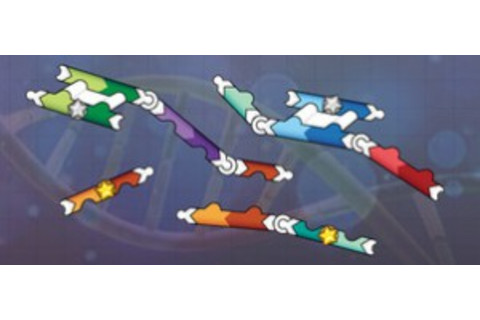
Nanocrafter
This cutting edge foray into synthetic biology lets participants create nanomachines using real DNA sequences. What will you make? Get Started!
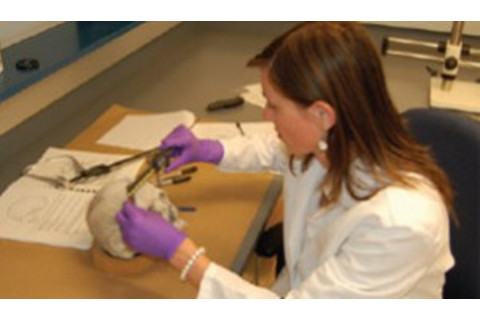
The Genographic Project
This National Genographic study analyzes DNA samples from people across the globe to learn how humanity spread out and populated the earth. With a simple cheek swab, youcan learn about your own genetic history and contribute to a larger body of knowledge. Get Started!
Humans have evolved to recognize patterns and solve puzzles, but can we do it better than a computer? That's exactly what this project is trying to find out, by having players fold proteins into complex structures. Get Started!
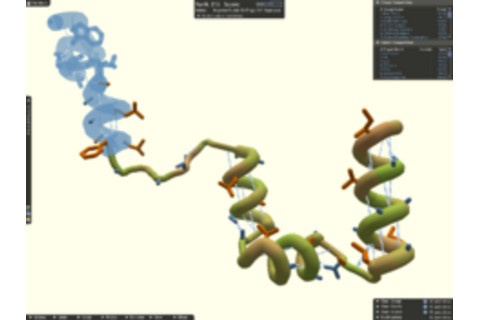
FoldIt
Meet the SciStarter team in San Jose, CA: Family Science Days on 2/14-15 at the San Jose Convention Center. We're partnering up with Discover Magazine and Astronomy Magazine to bring you citizen science(free prizes, too!).If you'd like your citizen scienceproject featured on SciStarter, emailJenna@scistarter.com.
Image Credits: NIST (Phylo), Cancer Research UK (Play to Cure: Genes in Space), University of Washington (Nanocrafter), DOJ (The Genographic Project), FoldIt (FoldIt)


